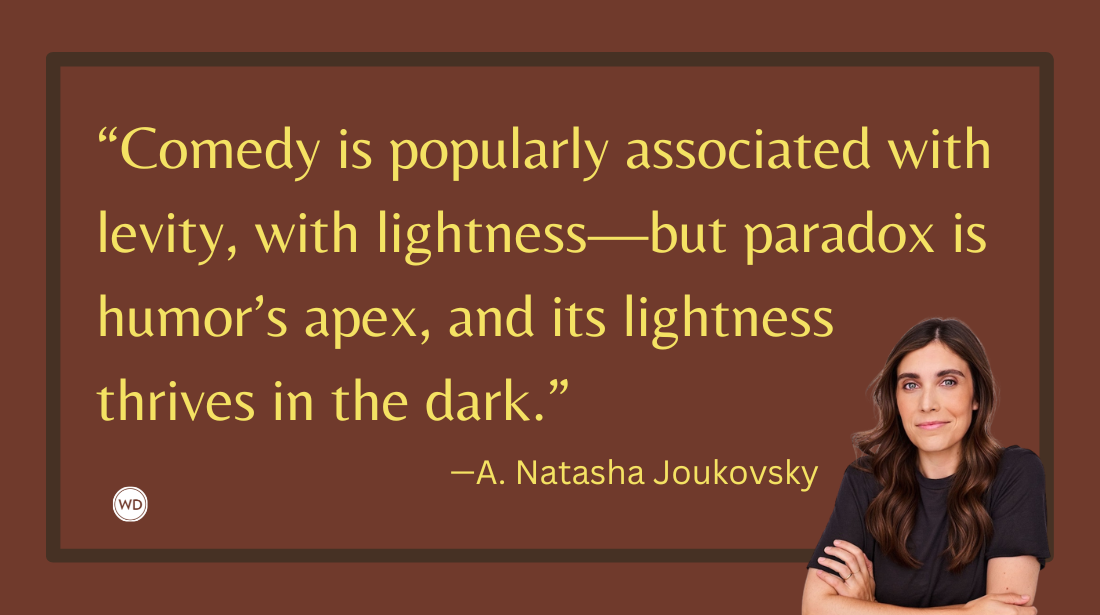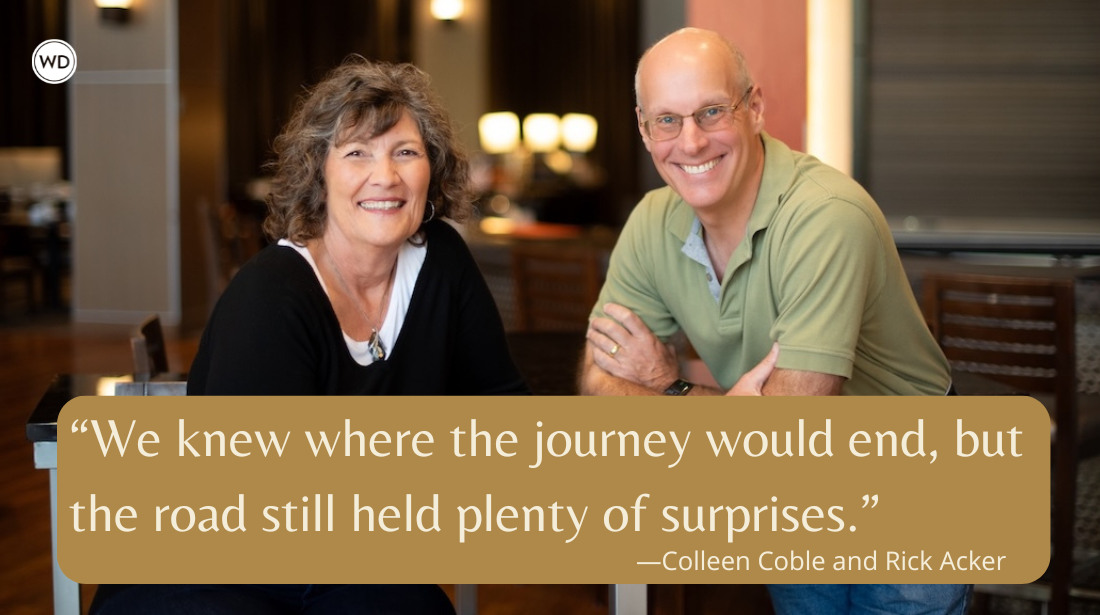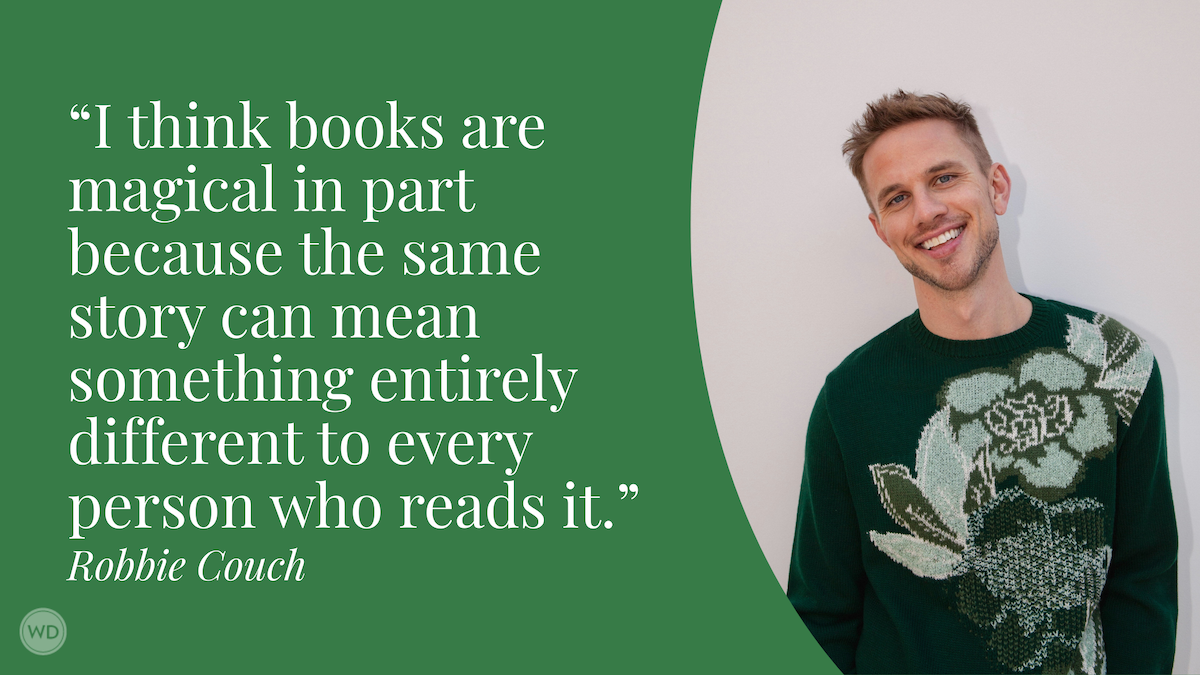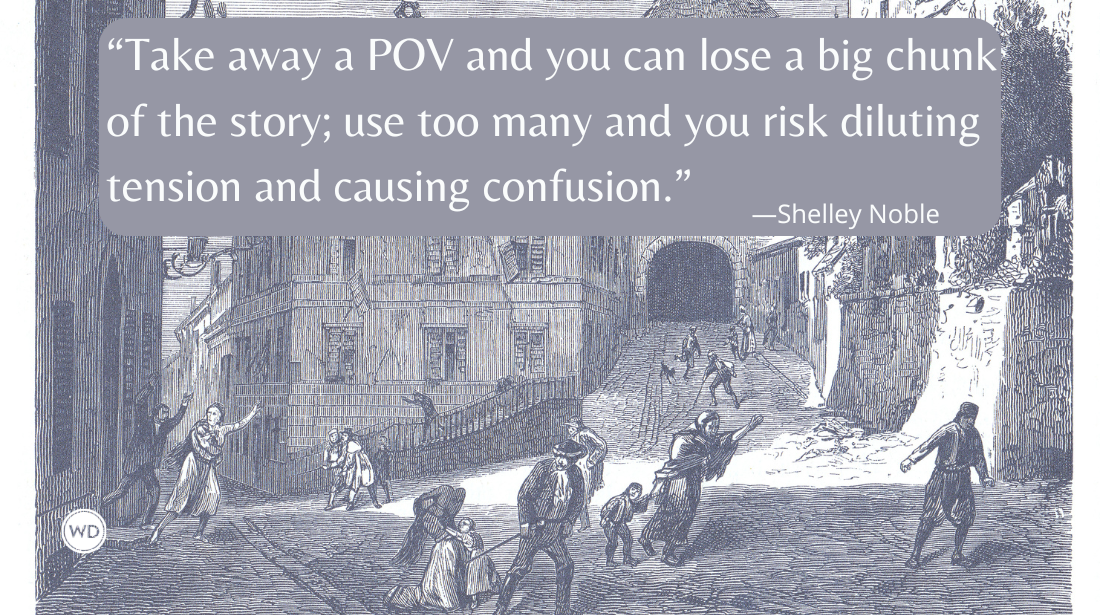Writing the Pros and Cons of Small Towns in Fiction
Author Anne Shaw Heinrich shares her own personal experiences with small towns, including how to write the good and the bad in fiction.
When our parents decided it was a good career move for Dad to take over an insurance agency in a small, rural community that we’d driven through a few times on our way to family reunions, my brothers and I were naturally along for the ride. Mom and Dad dove headfirst into the business, and figuring out how they, and we, were going to make our way in this new, smaller place.
Of all of us, Mom understood best what such a change would mean. She was a farmer’s daughter and graduated high school with a very small number of classmates she’d known all her life. Not so for Dad, a city boy who ran free from one neighborhood to another with his buddies as long as he made it back in time for dinner. Dad was headed into new territory with this move, but he did have one thing going for him: The man didn’t know a stranger. Dad could make small talk with just about anyone—farmers, bankers, grocers, doctors, and the gas station attendant—and it served him well.
The town absorbed us. All these years later, we still refer to the place as home. Since leaving the nest, I’ve made homes in other places, some big, some small. Still, it’s the small places that fascinate me the most.
When people find themselves taking root in the same space, no matter how or when they’ve arrived, they share, at the very least, geography. You don’t slip into a small town unnoticed. People know who you are. They hold vague notions on how you got there. They certainly know where you belong in the pecking order. It’s an order that’s been in place long before you showed up and will be intact long after you’ve gone.
If you’re new to such a place, buckle up. Whether you’re the new kid in class or the new face at the PTO meeting, you’re going to mess up. Don’t worry, somebody or everybody will know about it, and someone will take you aside to let you know. You might sit in the wrong pew at church or come up with an idea that’s already been tried before. People might get ideas about you. You’re rich, or poor, or somewhere in the middle. Your kids are well-behaved, or wild animals. You’ve got a shifty look about you that needs to be sussed out by a coffee klatch or committee until someone more interesting comes along. These truths swirled around me as a child but didn’t come into clear focus until I could look at them through the rearview mirror.
It wasn’t until I was an adult seeking entry into new, small places with my own young family that I came to a renewed understanding and appreciation for just how simple, yet complex things can be when people find themselves occupying the same space in a day-to-day, year-after-year way. There are clearly defined rules, but even those come with mysterious, fickle caveats.
Differences of opinion and hurts last long enough to become full-fledged grudges, and pack mentalities seem acceptable enough unless it’s your turn to be outside the pack. Small towns take on their own personas, complete with eyes and ears and mouths that open and close. A small town punishes its own, celebrates what it wants to, and rallies when you least expect it.
Much like Violet Sellers, one of the main characters in my second novel Violet is Blue, I spent most of my childhood sheltered. Our family was neither rich nor poor, but we did not do without. I did not know hardship up close and personal. That’s what privilege will do for you. Privilege was my 10-foot pole. It kept me from getting too close to what I could see with my eyes and even detect with the same nose that knew cotton candy at the county fair and my father’s aftershave. Even to the untrained nose, unfairness that is doled out so capriciously and tolerated so openly has a stench.
The same things that troubled me as a child still trouble me as an adult, but now I know that small towns don’t have the market cornered on cruelty or kindness, generosity or greed, pride or shame. These and all the other complicated truths of the human condition are merely more concentrated in small communities. How else to make sense of the haunting contrasts we see from time to time, but choose to look away?
I remember quite vividly faces, specific uncomfortable moments when my unearned privilege made me red in the face, ashamed that I held such good fortune when others in my sphere held so little. Recollections of these unsettling contrasts are not easily shed. They linger, and have made their way into Violet is Blue, where dark is relieved temporarily with light, and joy coexists with heartache.
Like all the other characters in the series, Violet and her friend Jules Marks call the town of Poulson home, but they have their assigned seats. Violet’s protected existence, made possible by her parents, is a far cry from what Jules knows. He lives just miles, but worlds away with five little sisters in Shakey’s Half. They get their best meals at school with yellow free lunch tickets and are sent home from school often so someone can tend to their itching, crawling scalps. But Jules and Vi find common ground in the hurts they have sustained. As their story unfolds, readers discover just how closely wants dance next to needs and how worn the footpaths between those who have and those who have not.
Anne Shaw Heinrich lives in Kirkwood, MO. Her debut novel, God Bless the Child, will be released in June 2024. It is the first in a three-book series, The Women of Paradise County, to be published by Speaking Volumes. To learn more about Anne, visit anneshawheinrich.com.









